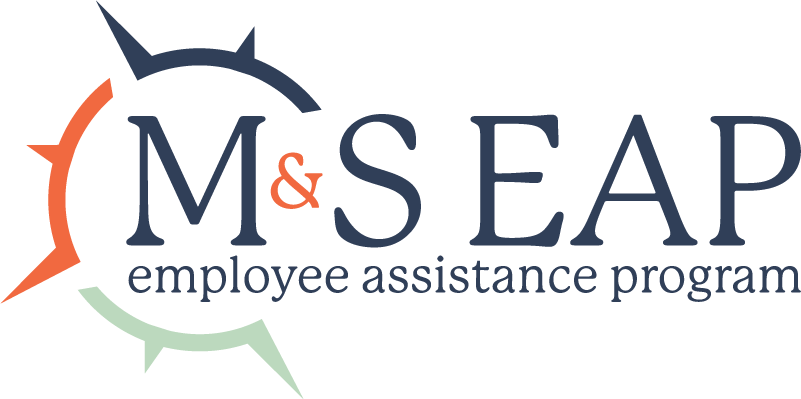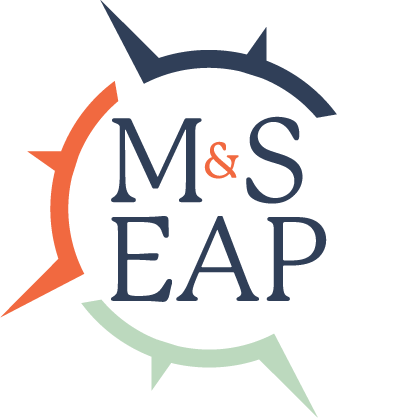What You Need to Know About EAP Confidentiality

Employee assistance programs are designed to improve the wellbeing and productivity of a company’s workforce by providing counseling services and other resources at no cost to the employees. EAPs can help individuals work through a variety of personal and job-related stressors in order to achieve a better work-life balance. Unfortunately, some employees are reluctant to use their EAP benefits and miss out on an improved quality of life because they do not think EAP services are confidential.
When EAP Services Are Not Confidential
Sometimes, an employer might mandate EAP services for an employee. Examples of this include positive drug test results and employee behavior problems. When an employee is referred by a supervisor to their company’s EAP provider, there is a level of expectation that the employer will receive feedback about the employee’s participation. Supervisors or HR representatives may receive confirmation that the referred individual has completed their assigned counseling.
It’s important to understand that this is only the case when workers are referred to EAP providers by their employers. Individuals who utilize their EAP benefits voluntarily (self-refer) have a different experience.
When EAP Services Are Confidential
When employees voluntarily elect to use an EAP service, it is supposed to be entirely confidential. The system counts on that, because it is meant to allow employees to self-refer to counseling. EAPs are designed to help employees manage stressors before they become a major factor in workplace performance.
Without confidentiality, the EAP system would fall apart because many people would have reservations about utilizing health care services that report back to employers.
Looking for an EAP that is Confidential?
Call Mazzitti & Sullivan EAP. We can help.
Key Differences Between In-House and Out-of-House Services
While the content of each session is confidential in all cases of voluntary EAP participation, the level of privacy a person can expect may vary according to how the services are accessed.
- Phone Services that include crisis counseling lines and other forms of immediate service are kept confidential, with no reporting to the employer about who accesses the service and who does not.
- Off-Site Counseling where the employee goes to a separate location to receive counseling services is also highly confidential, because it offers employees a chance to attend sessions without making it known to others in the workplace.
- In-House Counseling still provides confidential counseling sessions that keep patient information private, however, the delivery method has a potential security gap. If employees report to a counselor in the workplace, then it is possible they could be seen coming and going by others in the building.
Choosing EAP Services to Meet Employee Needs
Confidentiality and your employees’ privacy should be a priority when choosing an EAP provider. Having the option of phone-based services and off-site counseling versus in-house counseling sessions makes a significant difference in the way employees use their EAP benefits.
At Mazzitti & Sullivan EAP, we hold the privacy of your workforce in the highest regard. Our services include off-site counseling as well as telephone and web-based counseling. Our goal is to help employees and employers get the best results possible by offering the most secure and confidential services possible.
Want to know more about how Mazzitti & Sullivan can customize an EAP that best suits the needs of your workforce? Contact us today!



